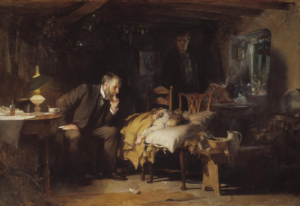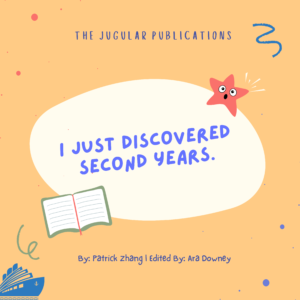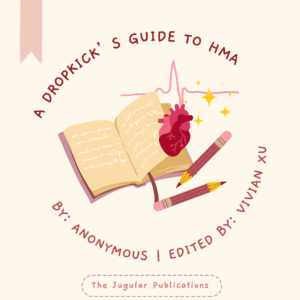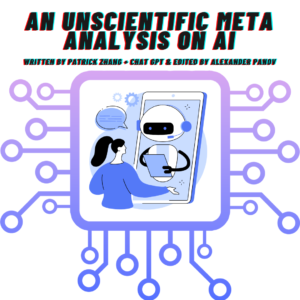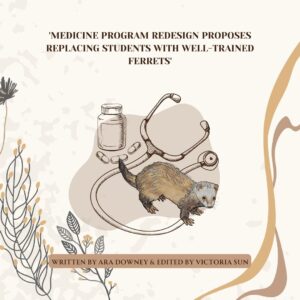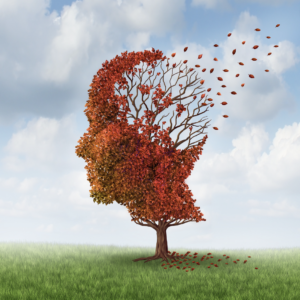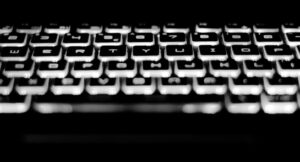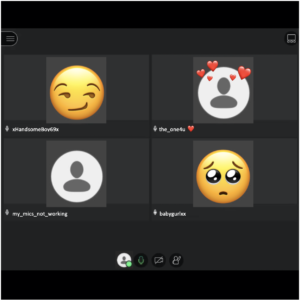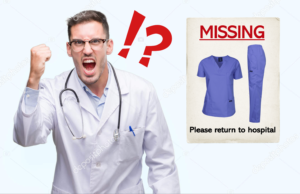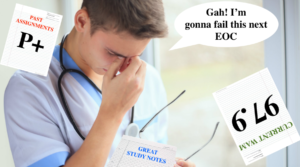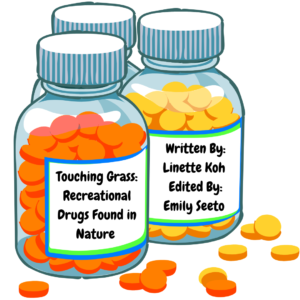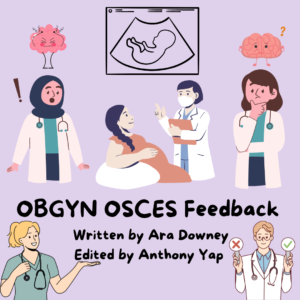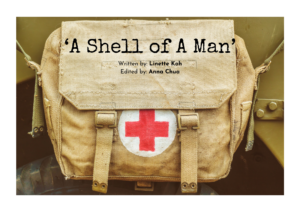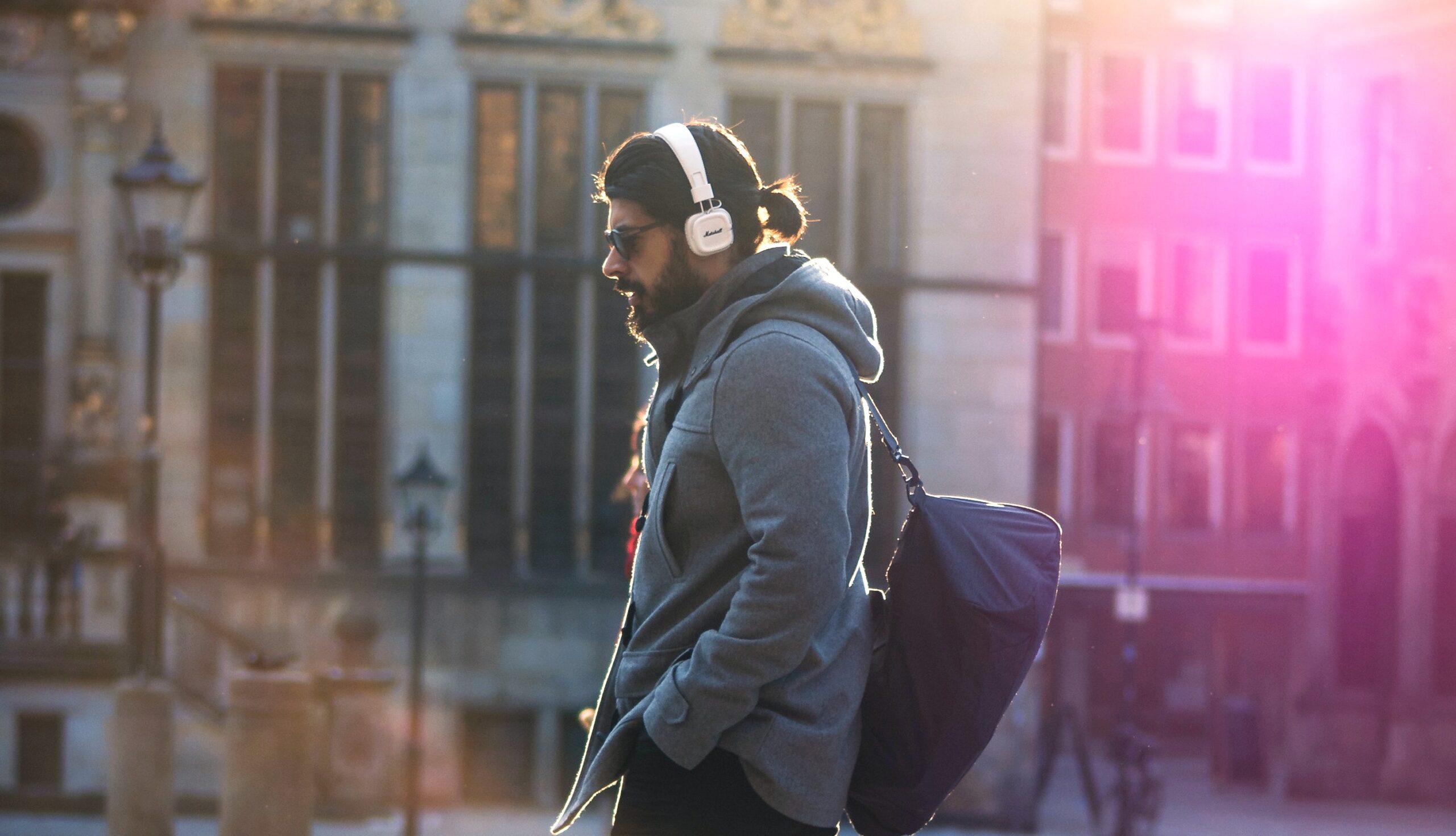
By Jacky Jiang; Edited by Nipuni Hapangama
Having recently fallen into a slump and losing all the motivation I had to study, I’ve had to take a step back and reassess my situation.
Why have I been this way and what can I do about it?
Of course, a lack of routine and structure to my days have blended them seamlessly into one another, yet simultaneously (and almost contrarily), there seems to be a constant repetition of the same day, over and over and over. But perhaps one of the biggest factors for me has been the lack of clinical exposure.
For those of us in Phase 1, hospital sessions are already few and far between, but I would always leave the wards feeling motivated. Being able to see real patients, even if only every two weeks, served as a reminder of what I was studying for. The sessions demonstrated how scientific knowledge was applied clinically, but more importantly, reinforced the human aspect of medicine. Unfortunately, online learning has taken away this reminder, plunging me into a spiral of degeneracy.
That is, until I discovered the Doctors Anonymous podcast.
Now to be fair, there is a wide selection of medical podcasts out there, each with their own unique approach and style. Some of them are quite comprehensive in reviewing medical cases from top to bottom, which may be quite helpful for older students, as they delve into the specifics of diagnosis and treatment (such as Medconversations!).
Doctors Anonymous is not one of these podcasts. Hosted by Eddie, a junior doctor in NSW, the podcast brings on an anonymous healthcare professional every episode to share their most memorable stories. They engage in discussion about patient encounters and their experiences as a doctor. For one episode, you’ll follow a resident as he details his first encounter with the death of a patient, how it affected him emotionally and how he was able to get back on his feet, and in another you’ll hear another junior doctor speak about a time he became aware that his cognitive bias was affecting his clinical judgement.
The beauty of the podcast form is that it is simply a recorded conversation, which makes them both engaging and easy to process. The fact that this one in particular stays away from overwhelming listeners with scientific details allows it to serve as an escape from the drone of one-sided lectures. Listening to each medical professional dissect past experiences and undergo the reflective process in conversation with Eddie (perhaps a chance to help polish that P+ in Reflective Practitioner!) is an excellent substitute to the occasional anecdote or pearl of wisdom that our hospital tutors may offer us. Each episode ranges from around 20 to 40 minutes long, making them quite bite-sized and digestible. So whether you’re commuting, at the gym or doing some chores, try listening to an episode of Doctors Anonymous instead of your usual playlist, and I promise you will not be disappointed.
The Doctors Anonymous podcast can be found on the following platforms:
Spotify
Apple Podcasts
https://podcasts.apple.com/au/podcast/doctors-anonymous/id1515264006?ign-mpt=uo%3D4
Listen Notes
Podtail
https://podtail.com/en/podcast/doctors-anonymous/

